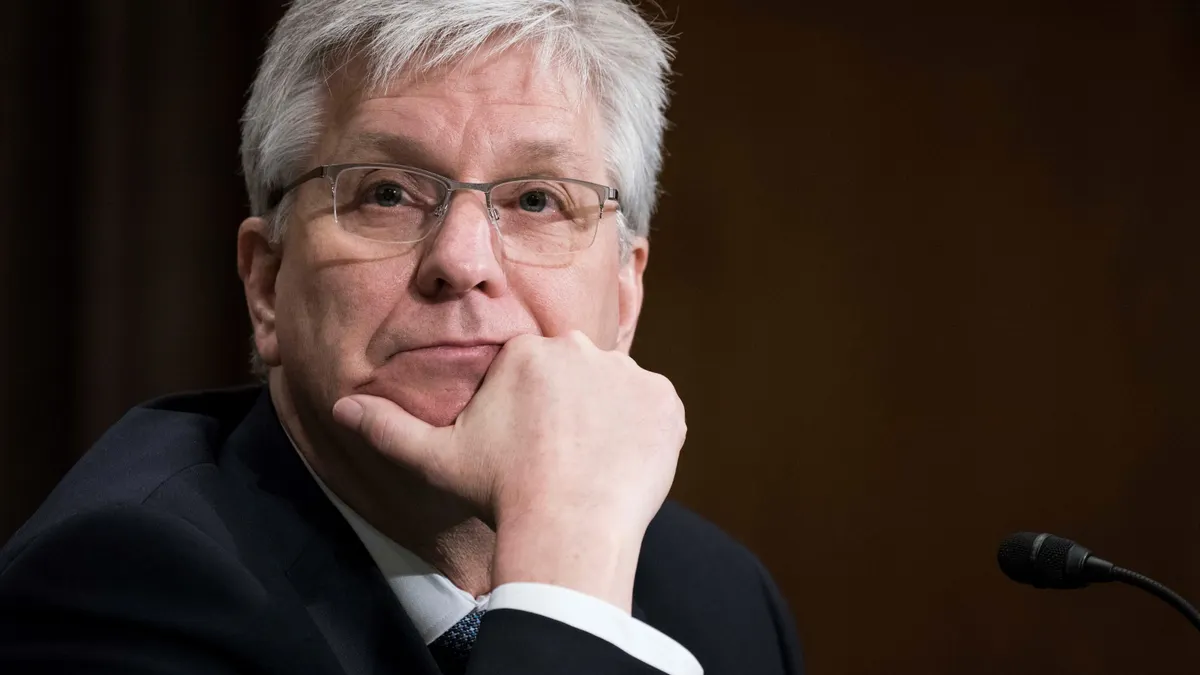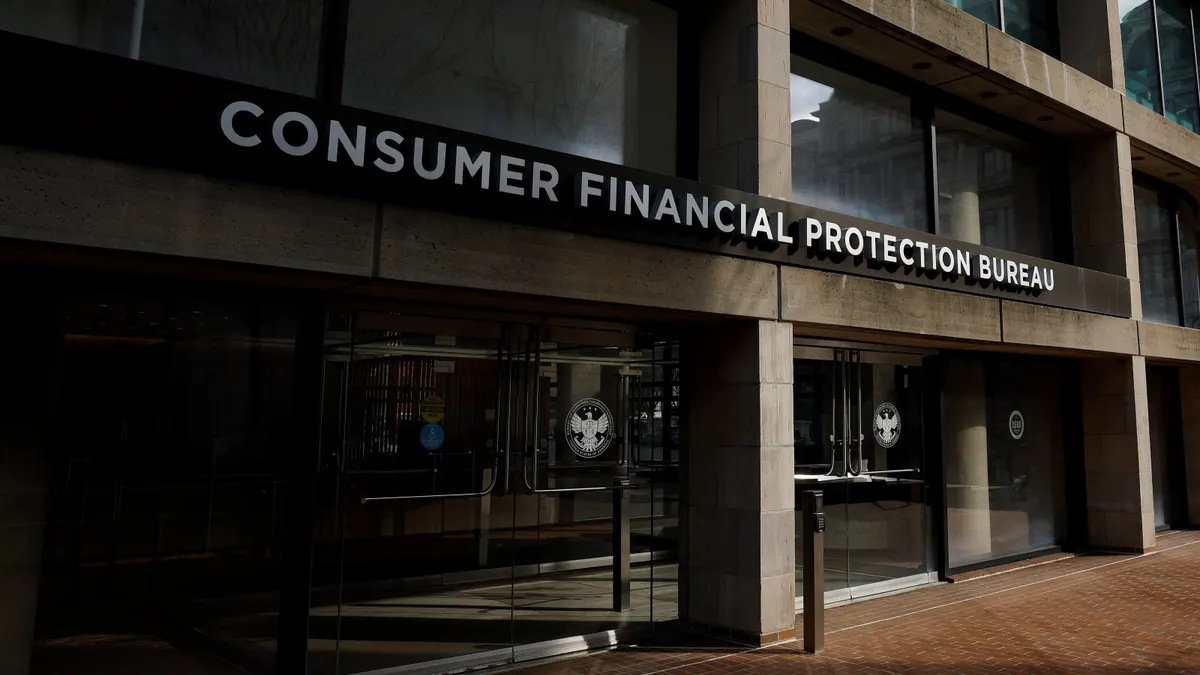The Commodity Futures Trading Commission and the Securities and Exchange Commission are quickly falling in step with the recommendations put forth by the President’s Working Group on Digital Assets last week — the CFTC with a “crypto sprint,” and the SEC with an initiative dubbed Project Crypto, its plan for global crypto market primacy.
The regulators are “wasting no time in fulfilling President Trump’s vision to make America the crypto capital of the world,” said Acting Chairman Caroline Pham, who said the CFTC would work closely with SEC Chairman Paul Atkins and Commissioner Hester Peirce on Project Crypto.
“Providing regulatory clarity now and fostering innovation in digital asset markets will deliver on the Administration’s promise to usher in a Golden Age of Crypto,” Pham said in a prepared statement.
The first step in the CFTC’s sprint came Monday, when it said it would be launching an initiative to allow spot crypto trading on futures exchanges registered with the agency,
And the SEC, already at work on Project Crypto, issued a memo Tuesday clarifying that liquid staking — a method by which crypto investors stake their assets while maintaining liquidity — does not constitute as offering securities, and therefore do not fall within the SEC’s jurisdiction.
“Under my leadership, the SEC is committed to providing clear guidance on the application of the federal securities laws to emerging technologies and financial activities,” Atkins said in a prepared statement, calling the memo “a significant step forward in clarifying the staff’s view about crypto asset activities” that fall outside of the SEC’s purview.
Leadership at crypto firms previously in the crosshairs of regulatory scrutiny and enforcement, such as Ripple and Binance, lauded current regulators and the Trump administration for their about-face on crypto.
The SEC, CFTC and Congress collaborating on a national framework for digital assets “is exactly the sort of cooperation that we believe is required when transformative new technologies like blockchain and digital assets are introduced into the US markets — similar to previous leaps in financial technologies like the introduction of electronic trading,” Binance.US Interim CEO Norman Reed said in an emailed statement.
The SEC sued Binance.US and its affiliate Binance in 2023, alleging the commingling and diversion of customer funds, among other things. The CFTC sued Binance in 2023 as well, alleging compliance evasion. The CFTC suit settled later that year. The SEC suit, however, was dropped this year.
“The shift toward coordinated regulatory frameworks is central to our strategic vision and will profoundly influence how Binance.US operates going forward. We are not just reacting to these announcements; we are actively using them to shape our business,” Reed said.
Ripple Chief Legal Officer Stu Alderoty, whose firm was in a yearslong fight with the SEC until earlier this year, responded to Project Crypto on social media platform X by saying, “Chair [Paul] Atkins knows the prior administration pushed crypto companies offshore. He’s now focused on clear, tailored standards — and drawing firm lines to curb SEC overreach.”
Banks, it appears, are also on board with the Trump administration’s goal for crypto market primacy.
In a joint letter to Special Advisor for Artificial Intelligence and Crypto David Sacks, several industry groups wrote that the U.S. will not be able to be a global leader in digital assets and financial technology “under the status quo.”
“The federal banking agencies’ policies and guidance issued over the last few years regarding digital assets activities have hindered banks’ ability to engage in those activities, and, in turn, the competitiveness of the United States financial system, as non-U.S. firms are not subject to similar requirements,” wrote the associations, which included the Bank Policy Institute and American Bankers Association.
The Americas Focus Committee of the Association of Global Custodians, Financial Services Forum, Securities Industry and Financial Markets Association and The Clearing House Association also signed the letter.





















